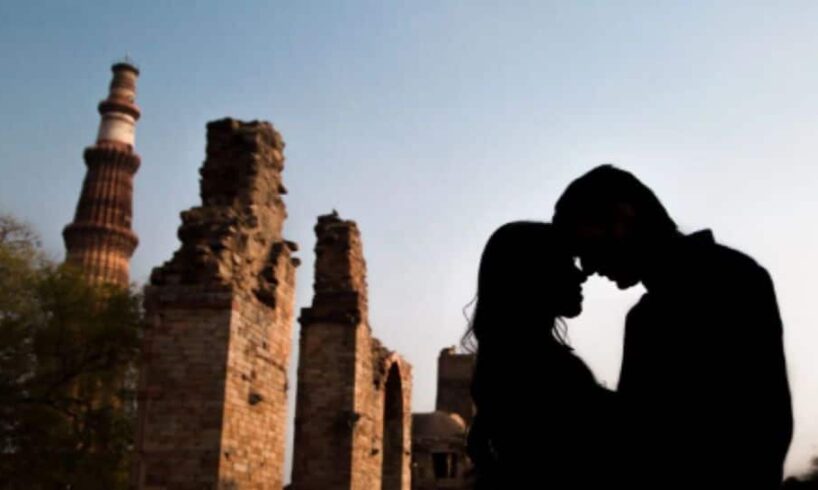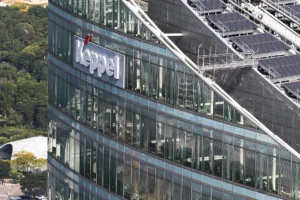
New Delhi: The national capital could soon offer a regal twist to destination weddings. Imagine exchanging vows under the shadow of the Qutub Minar or dancing the night away beside the centuries-old walls of Purana Qila. That may soon be possible.
The Delhi government is preparing to open the doors of its historic monuments for private events. The plan includes allowing weddings, musical nights, corporate meets, exhibitions and conferences at landmarks like Qutub Minar, Old Fort, Safdarjung Tomb and Humayun’s Tomb. The goal is to position Delhi not just as a city of monuments, but as a global event destination.
On Monday, Delhi Tourism Minister Kapil Mishra chaired a high-level meeting where the proposal was discussed in detail. Officials explored how Delhi could take inspiration from global cities like Dubai, Bangkok and Mumbai, which host lavish events at premium heritage venues.
At present, the city boasts 70 to 80 notable historical sites. Many of them have the potential to host cultural and private functions without compromising their heritage value. The proposal is expected to be presented soon to Chief Minister Rekha Gupta for final approval.
Why Delhi? Follow the Money
Weddings and events are big business. According to industry reports, during the 2023-24 wedding season (especially November and December), over 3 lakh weddings in Rajasthan generated a staggering Rs 6,600 crore. This came not only from ceremonies but also from related services like hospitality, catering, décor and tourism.
If Delhi were to tap even a fraction of that, the impact could be significant. Estimates suggest that if 5,000 to 10,000 weddings and 500 events were held annually at heritage venues in Delhi, the potential revenue could reach Rs 2,000 to Rs 3,000 crore per year. That figure includes ticket sales, permit fees and tourism revenue.
A past estimate from the 2022 wedding season shows how much money flows through Delhi already. That season saw around 3.5 lakh weddings, generating close to Rs 7,500 crore. If just 5% of those weddings, about 17,500 ceremonies, were held at historic locations, each with an average spending of Rs 1 crore, the total revenue could hit Rs 1,750 crore.
Even outside weddings, the city earns over Rs 4 crore annually from ticket sales at these heritage sites. If 500 additional high-end events like fashion shows or corporate launches were hosted at these locations, with an average budget of Rs 50 lakh each, Delhi could see an extra Rs 250 crore in earnings.
Heritage to Hospitality
In addition to being economic, the vision is also about showcasing Delhi’s heritage in new and experiential ways. Weddings and events at architectural landmarks can bring these historic spaces to life in meaningful and engaging ways for a new generation.
But there is a catch. This ambitious plan must be balanced with strict conservation protocols. These monuments fall under the care of the Archaeological Survey of India (ASI). Their preservation remains a top priority. Crowd control and traffic in Delhi are already challenging, and events could add pressure.
Authorities are considering several safeguards. A premium event permit system could regulate access while generating funds for conservation. Partnerships with luxury hotels and banquet providers, similar to those in Rajasthan, may also help manage logistics without overburdening monument spaces.
If done thoughtfully, Delhi could soon host events where history meets celebration, offering not just photo ops but a whole new way to experience its legacy.





